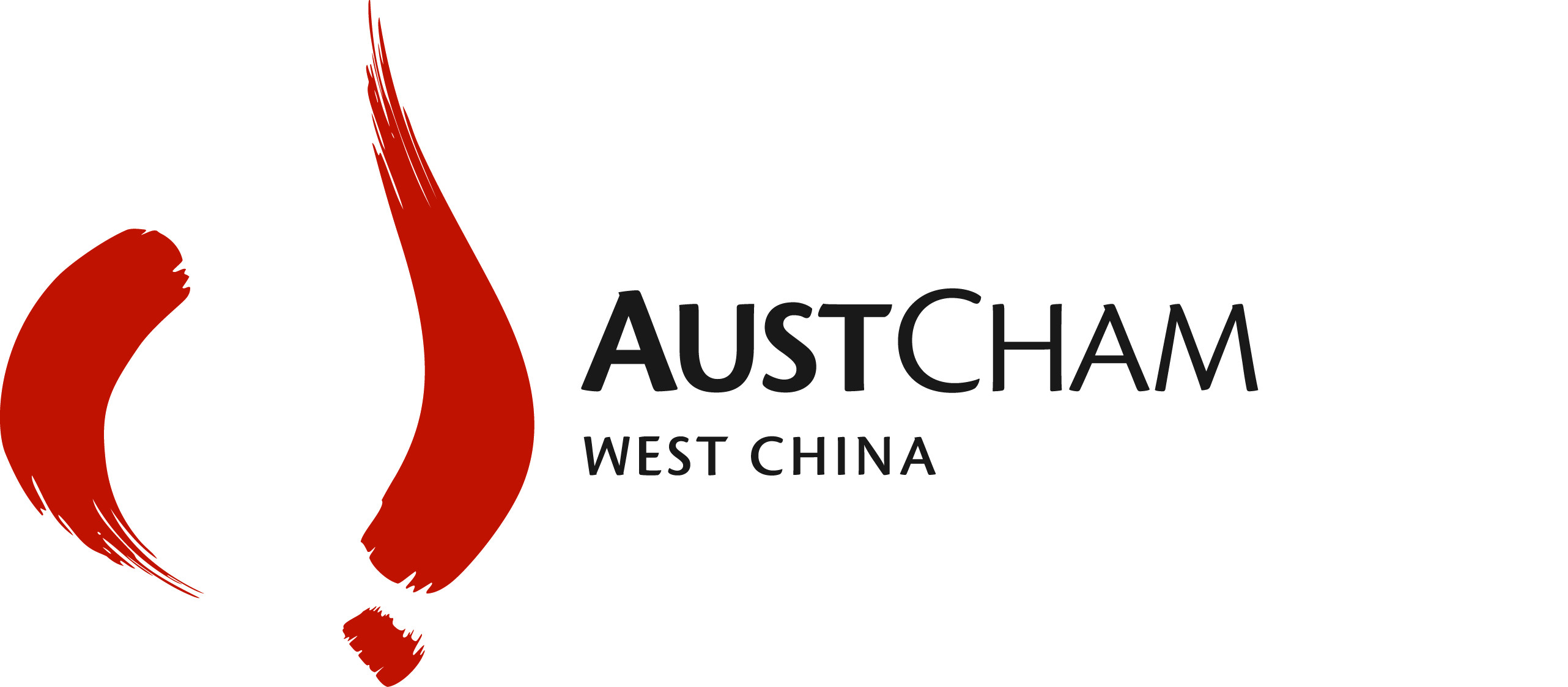Oxford University tackles cyber crime
The University of Oxford has stepped up its fight against global cyber hackers after establishing its first foothold overseas in Melbourne. The research arm will work with the new Oceania Cyber Security Centre, which hopes to build a bridge between academic research and big businesses, including Australia’s largest banks and telecoms companies that have established a base in Melbourne. Sadie Creese, director of the Oxford centre, said the aim was for its research to expand internationally, and working with partners like the Victorian government was “the only effective way to tackle this truly global issue”. Click here for full article.
How arts colleges are making Chinese education more liberal
At Dalton Academy, the international division of the Affiliated High School of Peking University, are being exposed to roundtable discussions about art and literature. The division, which offers the International Baccalaureate, is one of a burgeoning number of such international branches of prestigious state high schools. It is five years old and caters to about 100 students per class year, all of which are heading abroad for university. This focus on the humanities is new for Chinese schools, more students are taking note that a well-rounded education including a firm grounding in the humanities is essential to getting into top colleges. Click here for full article.
China builds over 51 million square metres of new schools in 2015
Over fifty-one million square metres of school buildings were built in 2015 in China, mostly in less developed areas, according to the Ministry of Education. The country also spent over twenty-eight billion yuan on classroom equipment in an effort to improve compulsory education in less developed areas. Click here for full article.
Seventh row completed on periodic table
The seventh row of the periodic table has been filled after a Japanese team and Russians and Americans working together were credited with the discovery of four elements. The International Union of Pure and Applied Chemistry found last week that researchers at the Joint Institute for Nuclear Research in Dubna and the Lawrence Livermore National Laboratory in California had gathered sufficient evidence to claim the discovery of elements 115, 117 and 118. The IUPAC awarded credit for the discovery of the synthetic, highly radioactive element 113 to scientist at Japan’s Riken institute. Click here for full article.

